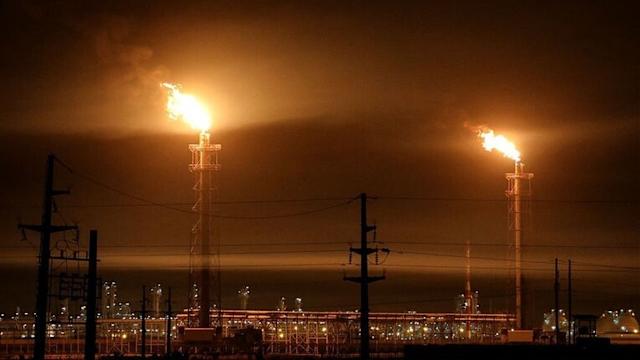
The oil market has experienced a significant rally of around 10% since Israel began its attacks on Iran last week, but the market has now stabilized. So far, Iran's crude-exporting infrastructure has been spared, and the majority of the impact has been confined to the shipping sector.
According to Bloomberg's Anthony di Paola, the recent surge in oil prices was driven by concerns over potential disruptions to Iran's oil exports following the Israeli attacks. However, the infrastructure that supports Iran's crude exports has remained largely intact, providing a welcome relief for consumers and businesses alike. Higher oil prices can lead to increased costs for transportation, manufacturing, and other industries, making the stability in the market a crucial factor for the overall health of the global economy.
While the situation in the Middle East remains volatile, it appears that the immediate threat to Iran's oil exports has been averted for now. However, it is essential to keep a close eye on developments in the region, as any further escalation could have significant impacts on the global oil market.
Investors and analysts are closely monitoring the situation in the Middle East and any potential impacts on the oil market. The stability in the market at present is a testament to the resilience of the global energy sector and the ability of markets to adapt to changing circumstances. As the world continues to navigate through this uncertain time, it is crucial to remain vigilant and prepared for any potential developments that could affect the global oil market.
The calming of tensions in the Mideast region has proven to be a significant factor contributing towards stabilizing oil markets amidst ongoing challenges, highlighting how timely normalization can offset potential disruptions.














